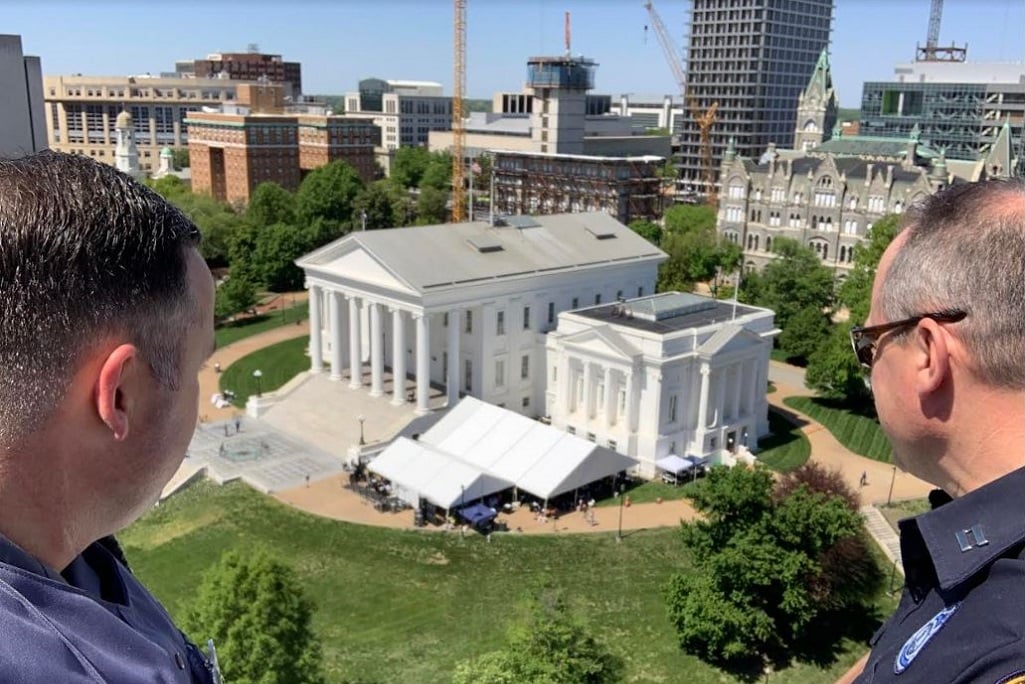The General Assembly held sessions outside last week, considering questions of minimum wage and election dates on the Capitol lawn as quarantine protesters raised a ruckus. The General Assembly’s reconvened session Wednesday was abnormal as the House dealt with...


